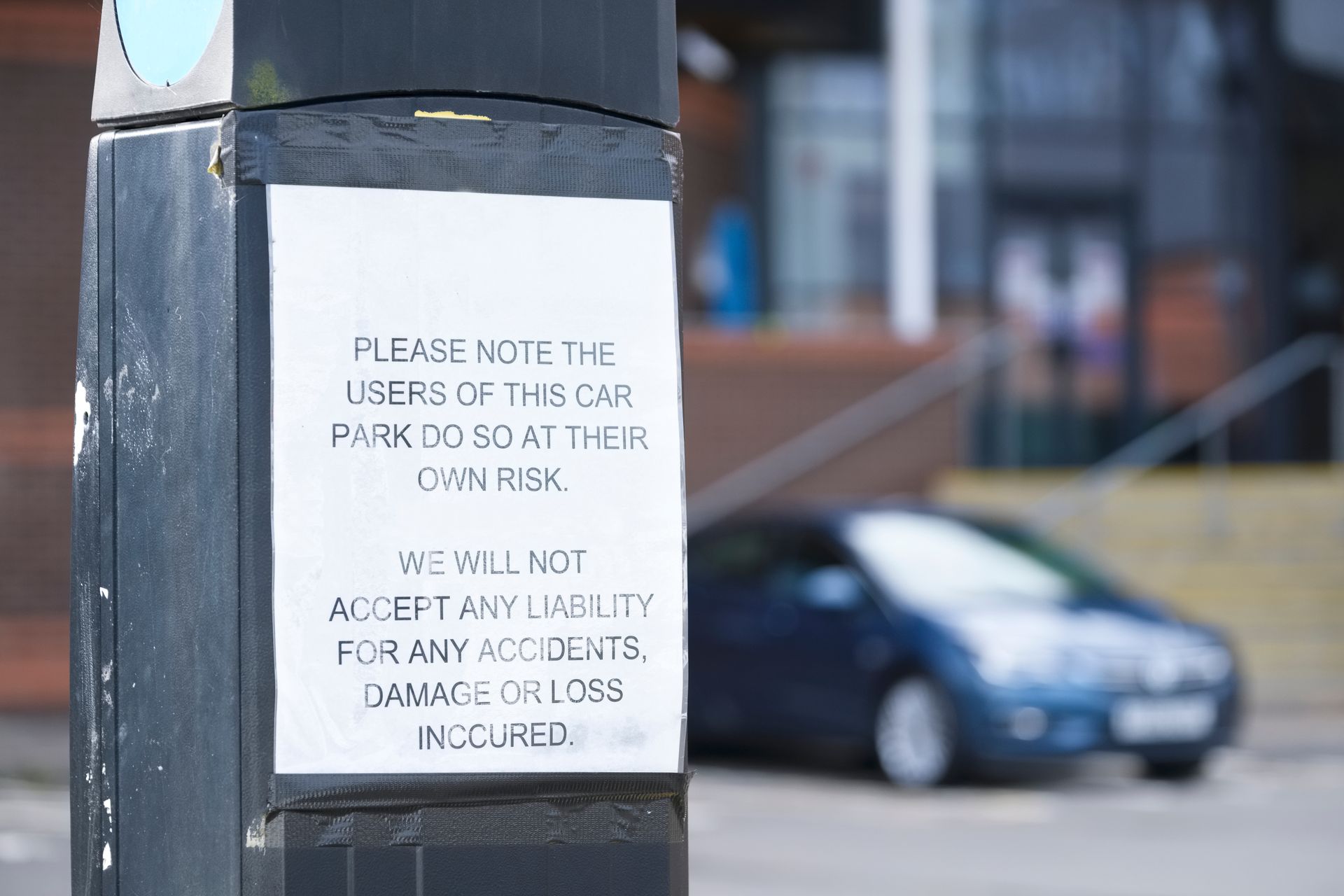Blog

In today’s hyper-connected world, the lines between professional and personal life have blurred significantly. With the ubiquity of social media and increasing scrutiny of public behavior, an employee’s actions outside of working hours can sometimes lead to legal and reputational consequences for their employer. While employees have rights to privacy and freedom of expression, their off-duty conduct can still become a liability issue for businesses, particularly when it results in legal disputes, negative publicity or workplace disruption.
Social Media and Employer Liability
One of the most common ways off-duty conduct affects employers is through social media activity. Inappropriate, offensive or controversial posts made by employees—even on their personal accounts can have serious repercussions.
Scenario 1: Offensive or Discriminatory Social Media Posts
Imagine an employee posts racist, sexist or otherwise offensive content on their personal Twitter or Facebook account. If the post goes viral and the individual is identified as an employee of a specific company, the company may face public backlash, customer complaints and internal pressure to act.
While employers generally have the right to discipline or terminate employees in response to reputational harm, doing so may expose them to wrongful termination claims, especially if the employee argues their speech was protected under state or federal law.
In Georgia, which is an at-will employment state with limited speech protections in the private sector, such claims can still arise depending on how the termination is handled and whether any contractual or discriminatory factors are involved.
Scenario 2: Sharing Confidential Information
An employee might post confidential company information, trade secrets or sensitive customer data on social media, whether intentionally or accidentally. Such actions can lead to data breaches, regulatory penalties or loss of trust from clients and stakeholders. Depending on the severity, the company could be sued for failing to safeguard proprietary or personal data.
Off-Duty Behavior Leading to Legal Issues
Beyond social media, an employee’s personal conduct such as criminal activity, harassment or unethical behavior can also implicate their employer.
Scenario 3: Criminal Behavior
If an employee is arrested for a serious crime such as assault, drug possession or fraud, the employer may face scrutiny if the individual holds a position of trust within the organization. For instance, if a financial executive is charged with embezzlement in their personal dealings, clients and business partners may question the company’s judgment in employing them, potentially resulting in contractual losses or regulatory investigations.
Scenario 4: Harassment or Discrimination Off-the-Clock
An employee engaging in harassment or discrimination outside of work such as making racist comments at a public event or being involved in a hate group can create a hostile work environment if colleagues or clients become aware of it. Even if these actions occur off the clock, they can lead to internal complaints, employee resignations or lawsuits citing workplace harassment or a failure to provide a discrimination-free environment.
Scenario 5: Substance Abuse or Reckless Behavior
Employees who publicly engage in reckless behavior such as excessive alcohol consumption, drug use or violent altercations can damage a company’s reputation—especially if their association with the business is well-known. However, a DUI or similar incident that occurs off the clock and outside the scope of employment typically won’t create direct liability for the employer.
However, if the employee holds a safety-sensitive role or had prior substance abuse issues the employer knowingly ignored, the company could face scrutiny or potential claims of negligent supervision, particularly if the employee later causes harm on the job.
In other words, misconduct outside of work hours may only lead to business liability if that employee then causes an injury or negligence while on the clock. More commonly, though, the risk is reputational rather than liability-related.
Employer Responsibilities and Legal Considerations
Some employers, particularly those who may face significant financial consequences if an employee is negligent or irresponsible at work, may prefer to take a zero-tolerance approach to embarrassing or potentially harmful off-duty behavior. Although Georgia is an at-will employment state, there are still some laws to keep in mind before terminating a worker:
- Anti-Discrimination and Harassment Laws: If off-duty behavior affects workplace safety or morale, employers may have a duty to investigate and take appropriate action.
- Class Protections and Title VII of the Civil Rights Act: Employees fired for off-duty behavior may challenge their termination by claiming it was motivated by their protected status—such as race, religion, sex or gender identity. Other federal laws, like the ADA, ADEA and GINA, protect employees from discrimination based on disability, age, or genetic information. These laws don’t prohibit termination for off-duty conduct, but they may be cited in retaliation or discrimination claims by disgruntled former employees.
- National Labor Relations Act (NLRA): Employers must be cautious when disciplining employees for social media activity, as the NLRA protects certain discussions related to wages, working conditions and collective bargaining.
- Privacy Laws: Employers must balance their right to protect the company with employees’ rights to privacy and freedom of speech. Investigating or taking disciplinary action against employees for personal behavior must be handled with legal counsel to avoid potential lawsuits.
How Employers Can Mitigate Risks
Implement Clear Social Media Policies
- Establish guidelines on what is considered inappropriate online behavior.
- Educate employees about the potential consequences of posts that may be offensive or cause reputational harm to the business.
Review Employee Handbooks
- Include policies on the potential employment consequences for participating in harassment, discrimination and criminal behavior when off duty.
Conduct Regular Training
- Offer ethics and compliance training on proper workplace behavior and social media use.
- Educate employees on the risks of disclosing sensitive company information.
Monitor and Address Issues Proactively
- Set up alerts to track brand mentions and public employee actions that might impact the company.
- Address emerging issues discreetly and lawfully before they escalate.
Consult Legal Experts
- Seek legal guidance before taking disciplinary action against an employee for off-duty behavior.
- Ensure compliance with employment laws and regulations.
Is Your Business Facing Legal Challenges Due to an Employee’s Off-Duty Conduct?
If your business is facing legal challenges due to an employee’s off-duty conduct, or if you need guidance on implementing policies to protect your company, contact the Law Office of Cameron Hawkins today.
Our experienced attorneys can help you mitigate liability risks and safeguard your business. Reach out for a consultation by calling 678-921-4225.
Law Office of Cameron Hawkins | All Rights Reserved
Areas of Practice
Contact Info
Disclaimer: The content on this website is for informational purposes only. This site and the information contained within is not legal advice, nor is it intended to be. Contacting the Law Office of Cameron Hawkins does not create an attorney-client relationship. Internet users should not act upon information contained on this site without first seeking advice from an attorney. Please refrain from sending any confidential information to The Law Office of Cameron Hawkins until an attorney-client relationship is established.
Disclaimer pursuant to Georgia Rule of Professional Conduct 7.1(a)(6): The statement "no attorneys' fees unless we are able to secure a verdict or settlement on your behalf" refers only to those fees charged by the attorney. Court costs and other additional expenses of legal actions usually must be paid by the client. Contingent fees are not permitted in all types of cases.











